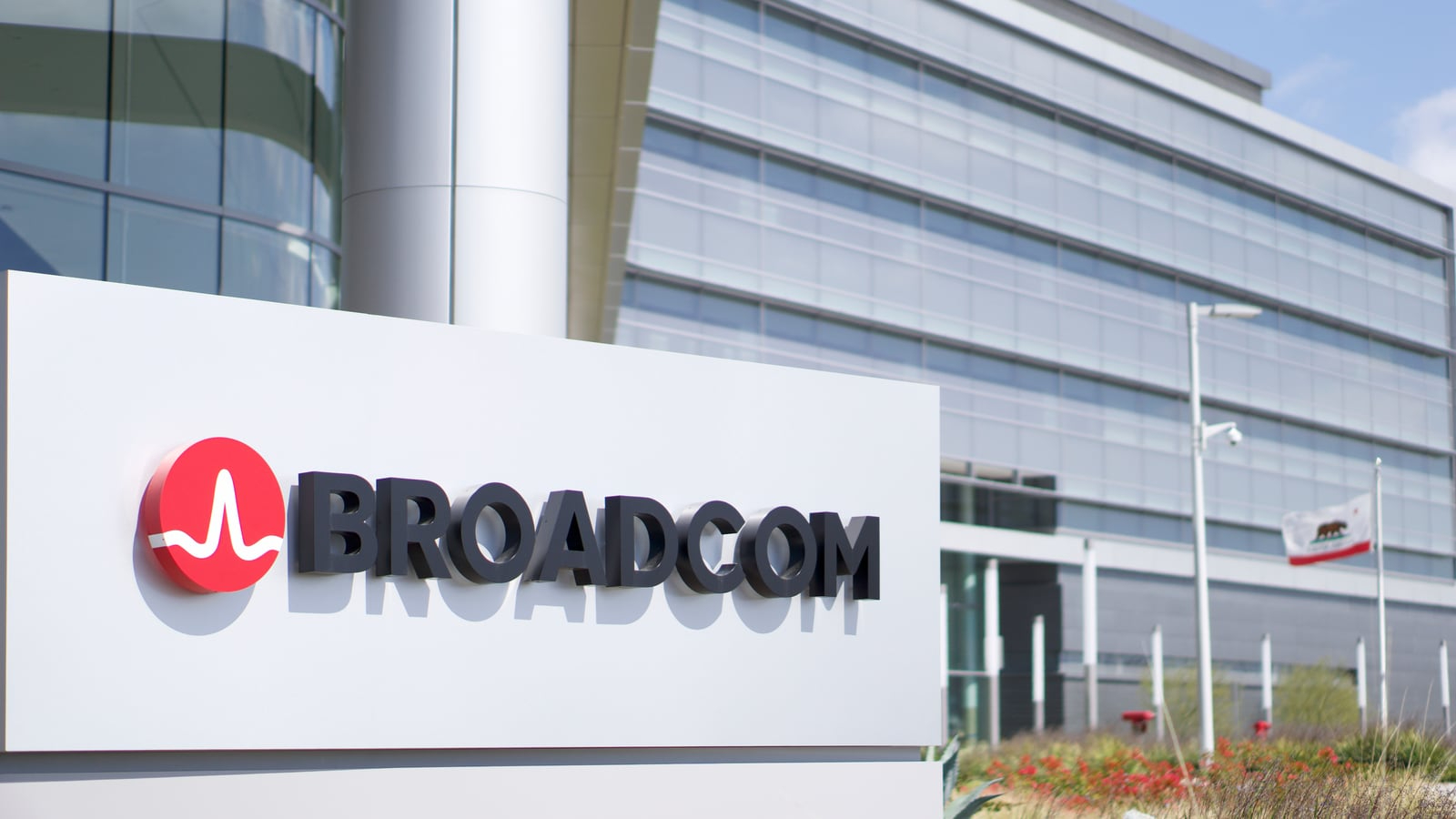
Intel's market capitalization dropped from around $198 billion in early 2024 to around $87 billion today, which makes the company an interesting acquisition target. Broadcom is certainly one of the companies that is known for making large acquisitions, and given its current focus on custom datacenter processors for AI, it could potentially be interested in taking over. However, its chief executive played down such a possibility citing a lack of Interest from Intel.
"[Broadcom has] not been asked [to take over Intel]," said Hock Tan, chief executive of Broadcom, in an interview with the Financial Times. "I can only make a deal if it is actionable. Actionability means someone comes and asks me. Ever since Qualcomm, I learned one thing: no hostile offers."
Back in 2018, Broadcom's $142 billion attempt to acquire rival chipmaker Qualcomm through a hostile takeover was stopped by then-President Donald Trump in a rare and extraordinary move.
Earlier this year, we reported that Qualcomm was potentially interested in acquiring Intel, although it ultimately turned out that other reports said the company lost interest in buying Intel with all of its product divisions and manufacturing operations.
Just like a merger with Qualcomm, an Intel merger with Broadcom could align with industry megatrends. Broadcom enjoys growing demand for AI processors it designs for clients like Google as well as connectivity solutions in data centers. By contrast, Intel's processors power the vast majority of servers as well as client PCs. Broadcom lacks presence in PCs and does not supply server CPUs.
Intel's strength is, of course, its production scale and dominance in client computers. However, Intel is currently struggling to keep its process technologies competitive with TSMC and its processor products competitive with rival AMD. As a result, the appeal of the company is not particularly high at this point, especially because Broadcom has to integrate VMware, a company it acquired for $61 billion in 2022.
Additionally, Broadcom is busy with its bespoke processor business for major high-tech companies, including ByteDance, Google, Meta, and reportedly Apple and OpenAI, which are seeking alternatives to Nvidia's processors.
Tan described the ongoing investment frenzy in Silicon Valley, where tech giants are rapidly planning AI infrastructure projects for the next three to five years. These firms are constructing massive data centers, such as xAI's Memphis facility with 100,000 Nvidia GPUs and Colossus with up to one million Nvidia GPUs, to handle the computing needs of their ambitious AI programs.
Tan has predicted that AI projects for Broadcom's clients could require clusters with up to one million processors as demand for computing power to train and run advanced AI systems continues to grow. He emphasized that the scaling principle—more data and processing yielding smarter AI—is driving these investments, despite uncertainty about when or if artificial general intelligence (AGI) will be achieved.







